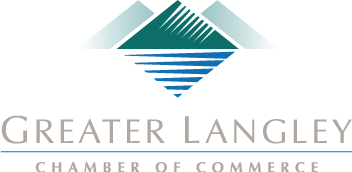Chamber Advocates for Business Priorities in B.C.’s 2026 Budget Consultation
Chamber Advocates for Business Priorities in B.C.’s 2026 Budget Consultation

The Greater Langley Chamber of Commerce has submitted our recommendations to the provincial government as part of the official consultation process for B.C.’s Budget 2026. Led by the Select Standing Committee on Finance and Government Services, this annual process invites input from across the province to help shape the next provincial budget. It’s a key opportunity for us to ensure the voices of Langley’s businesses are heard loud and clear in Victoria.
In our submission, we focused on three practical, pro-growth recommendations aimed at improving affordability, reducing barriers, and strengthening the foundations for business success:
-
Establish a Permanent Municipal Infrastructure Fund: We urged the Province to create a long-term, structured infrastructure program—modeled on the 2023 one-time Growing Communities Fund—to help municipalities keep pace with population growth and housing development. This kind of stable funding would reduce reliance on property taxes, which disproportionately impact businesses, and ensure our communities have the roads, utilities, and facilities needed to support a growing economy.
-
Fund Export-Ready Support for SMEs: We recommended the creation of a new provincial program that would directly support a wide array of small and medium-sized businesses in expanding interprovincially and internationally. By funding more go-to-market activities like product development, packaging, market research, and trade show participation, this program would help B.C. businesses scale up and compete beyond our borders—growing jobs, revenues, and resilience in the face of global uncertainty.
-
Continue to Fix the Employer Health Tax (EHT): We called for further changes to how the EHT exemption is applied—turning the current $1 million threshold into a true deduction from payroll, so that all businesses benefit. Currently, businesses with payrolls over $1.5 million receive no relief. A fairer, more growth-friendly model—like what’s used in Ontario—would lower costs for employers and encourage hiring and investment. We also recommended indexing the exemption to inflation so that it remains meaningful over time.
Through this submission and our ongoing advocacy, the Langley Chamber continues to press for policies that support business growth, reduce cost pressures, and strengthen the local economy. We’re committed to ensuring government decisions reflect the real needs of the business community we serve.
